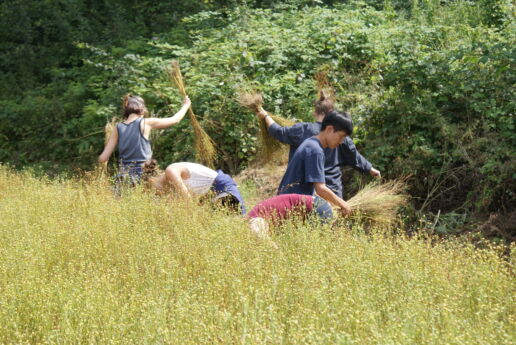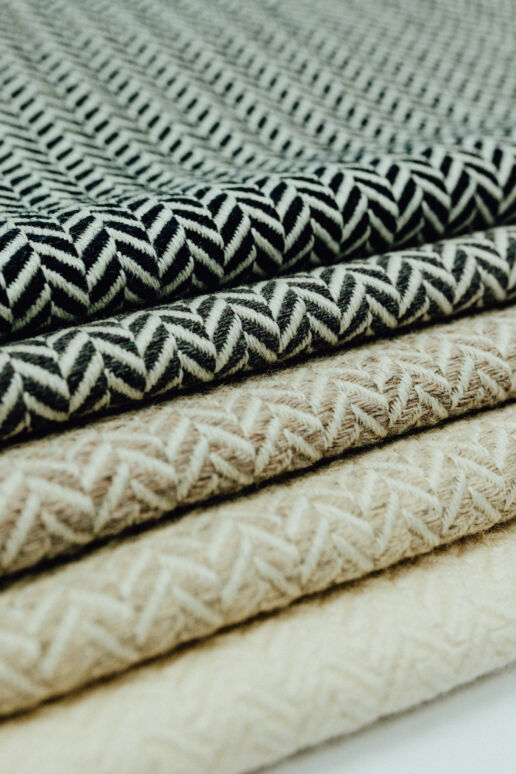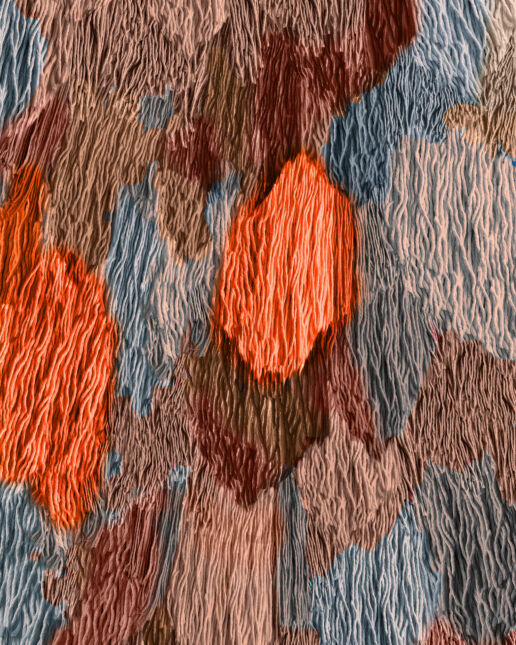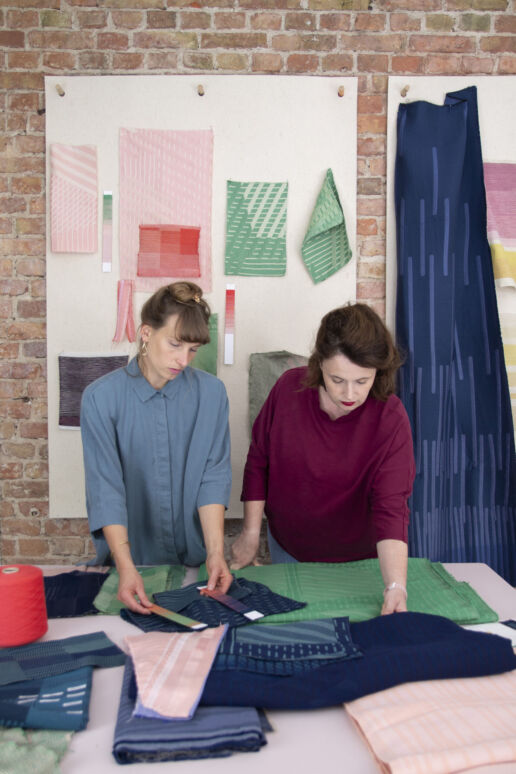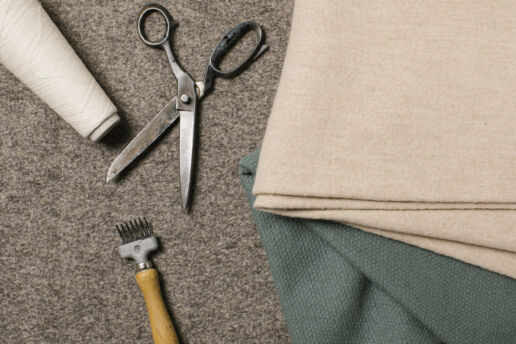Autumn.Winter 24/25
A cultural heritage - Sustainable Innovations
Flax was traditionally grown as a crop in the Netherlands, and Dutch linen was one of the most sought-after for a long time because of its good quality. Today that is no longer the case. Therefore, in 2018, Crafts Council Nederland, in cooperation with the Fashion Design Master of ArtEZ University, initiated ‘The Linen Project’ to revive the economic viability of local flax cultivation and linen production in the Netherlands, while transforming it in a sustainable way.
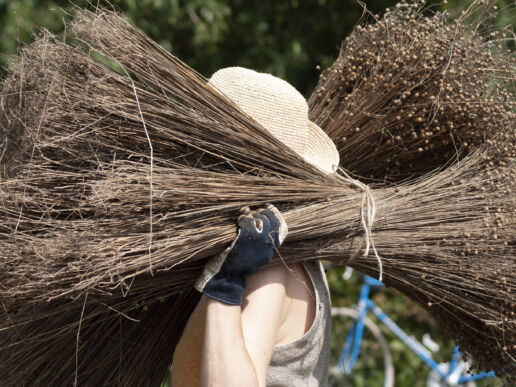
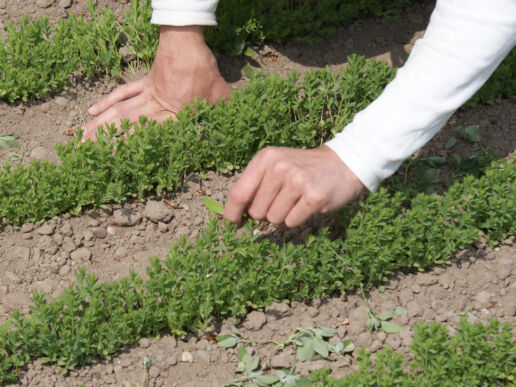
The Linen Project aims to change and challenge thinking in a multidisciplinary way across fields and sectors – agriculture, history, heritage, (landscape)
architecture, fashion, food, crafts, design, contemporary art, economics, innovative business. After all, the whole world is changing. On the one hand, people are more digitally connected to each other than ever before. But at the same time, there is a growing interest in connecting to the products we use and consume every day and how they are made. How and where are our roots? How can we reconnect with deep human values and ancient knowledge and skills? The Linen Project explores the tradition of linen production in the Netherlands and drives the exchange of different values, knowledge, skills and competences across industry boundaries.
Learning by doing is the motto of the project: prototypes of new economic, social and cultural ecosystems are created in a dynamic environment, demonstrating the vital importance of (biological) diversity. The production process involves only four steps – the flax from 2019, for example, was grown on the Lingehof near Arnhem (NL), mechanically processed by Van de Bilt Zaden en Vlas in Sluiskil (NL), spun in Poland and woven into linen by Enschede Textielstad in Enschede (NL). In the process, “old” knowledge meets new technologies, so that future production is based on and builds on a restored connection between people and nature.
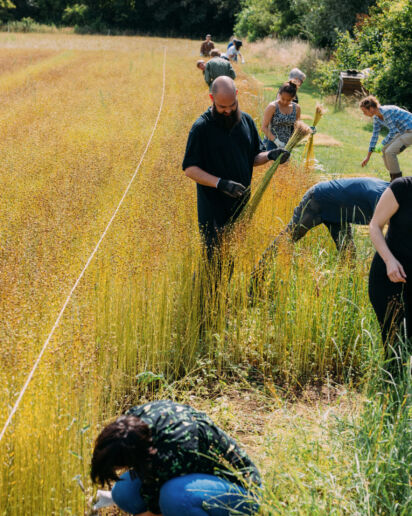
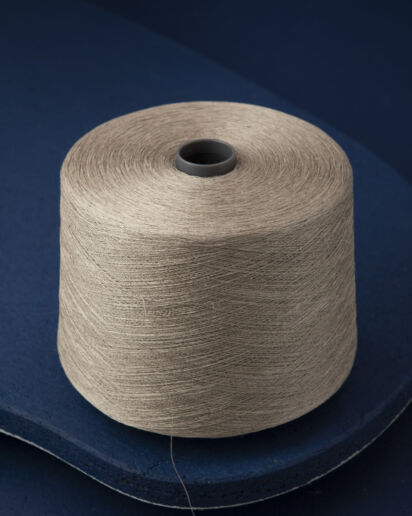
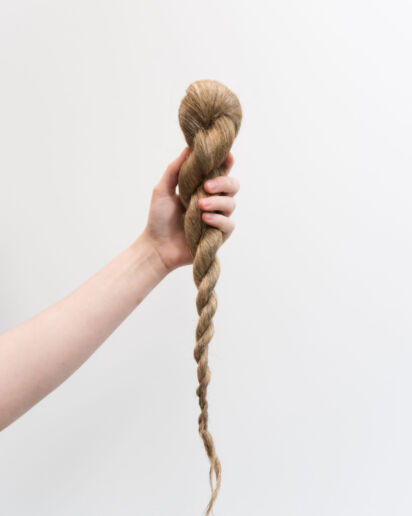
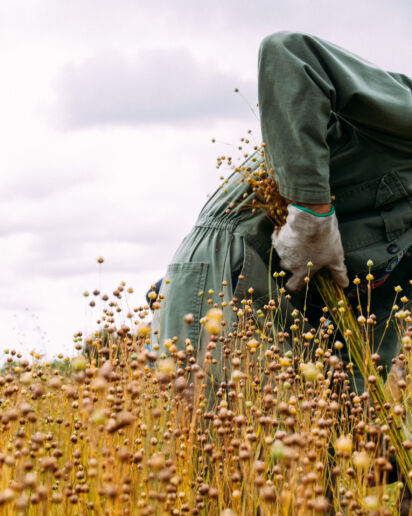
“The Linen Project is our collaborative effort to understand the making of local textiles and experience the beauty of it. This is a shared journey where we, learning by doing, rediscover our relationship with nature and each other.”
WILLEMIEN IPPEL, CO-FOUNDER CRAFTS COUNCIL NEDERLAND
———————————————————————–
THIS ALSO MIGHT BE INTERESTING FOR YOU
New Fabric Collection by Paulo de Oliveira
13. December 2024
Paulo de Oliveira is a reference in sustainable production, focusing on sustainable raw materials produced in Europe by ecological processes.
SPRING.SUMMER 26 FABRIC HIGHLIGHTS & MATERIAL NOVELTIES – PART I
12. December 2024
Fashionable woven and knitted fabrics made of wool, cotton, silk, blends and functional fibres are presented by our international suppliers..
MUNICH FABRIC START & BLUEZONE – Essential and efficient
5. September 2024
INTUITION means that we have the courage to rely on our inner voice instead of just relying on hard facts and data. An interview with the organisers of MUNICH FABRIC START.
Cooperation is key - Sustainable Innovations
Local and recycled: Enschede Textielstad was founded in 2013 by Annemieke Koster to create responsibly produced fabrics from recycled yarns and local raw materials such as flax, hemp and wool for apparel and interior textiles. To keep the supply chain as short and regional as possible, one of the main focuses of the concept is to develop smart and circular uses of waste streams and local resources – for example, Dutch wool. Its quality is not good enough to make clothes from, and to date there has been no viable business model in sight for this resource – so it has been burned. However, what is not good enough for clothing may be absolutely sufficient for other purposes, so Enschede Textielstad now weaves fabrics from the wool that are ideal for upholstered furniture.
The same applies to linen – there have been no projects with economic viability in the Netherlands to date. To change this, The Linen Project was founded in 2019 as an initiative of Crafts Council Nederland and ArtEZ University of Fine Arts (see feature in also this Sustainable Innovations issue). In 2020, the two projects began a collaboration based on division of labor, with Enschede Textielstad acting as a weaving mill for flax cultivated in the Netherlands.
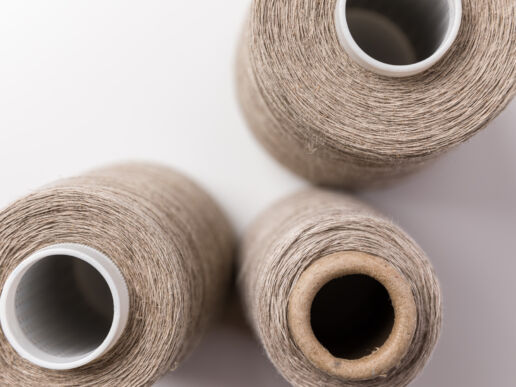
“We are bridging the gap between mass production and laboratory scale testing. We do so with a focus on sustainable, local and social production on the most innovative machine the industry has to offer. With our investment and expertise we help the industry move forward by testing new materials in early stages of development.”
ANNEMIEKE KOSTER, FOUNDER ENSCHEDE TEXTIELSTAD
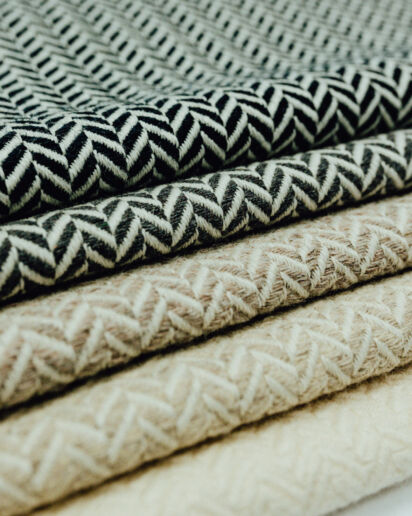
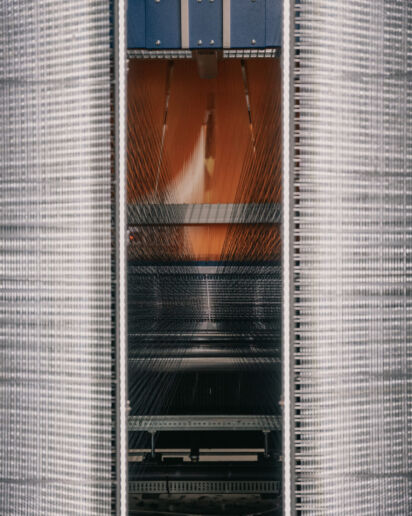
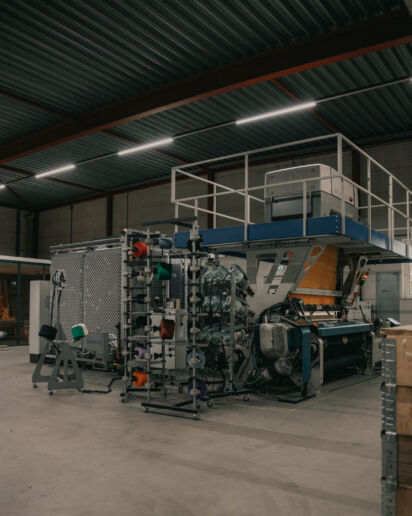
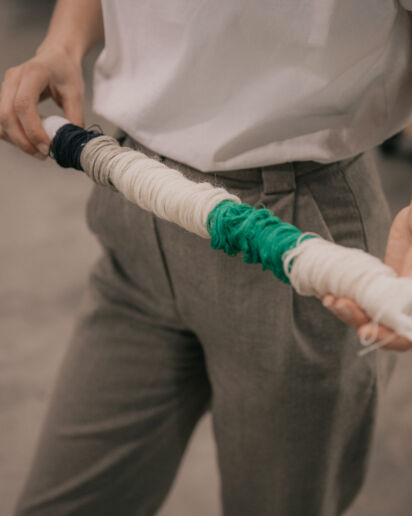
This collaboration is accompanied by a new cooperative business model: instead of simply selling the fabric by the meter to customers, a subscription model was designed for The Linen Project. Customers become part of the supply chain and share responsibility for the process of harvesting, weaving and finishing. The fabrics are then sold as “lots”, with all the imperfections as these are part of the subscription.
———————————————————————–
THIS MIGHT ALSO BE INTERESTING FOR YOU
New Fabric Collection by Paulo de Oliveira
13. December 2024
Paulo de Oliveira is a reference in sustainable production, focusing on sustainable raw materials produced in Europe by ecological processes.
SPRING.SUMMER 26 FABRIC HIGHLIGHTS & MATERIAL NOVELTIES – PART I
12. December 2024
Fashionable woven and knitted fabrics made of wool, cotton, silk, blends and functional fibres are presented by our international suppliers..
MUNICH FABRIC START & BLUEZONE – Essential and efficient
5. September 2024
INTUITION means that we have the courage to rely on our inner voice instead of just relying on hard facts and data. An interview with the organisers of MUNICH FABRIC START.
The Fabric Trends Autumn.Winter 24/25 - Part IV
In the FABRICS Area, around 600 international suppliers present their material innovations for all apparel segments. The complete product portfolio of fashionable woven and knitted fabrics made of wool, cotton, silk, blends and functional fibres is represented here. For the Autumn.Winter 24/25 season, we present some highlights from international producers in our FABRICS blogposts:
KNIPIDEE
Knipidee International, a family business with its roots in the Netherlands and now growing strongly outside the borders with focus on a strong basic and seasonal fabric collection. The new collection is as usual stylish and versatile, with fabrics like warm faux fur, lots of quilted fabrics for luxury coats, corduroy stepped, knitted jacquards, velvet and beautiful satin designs.
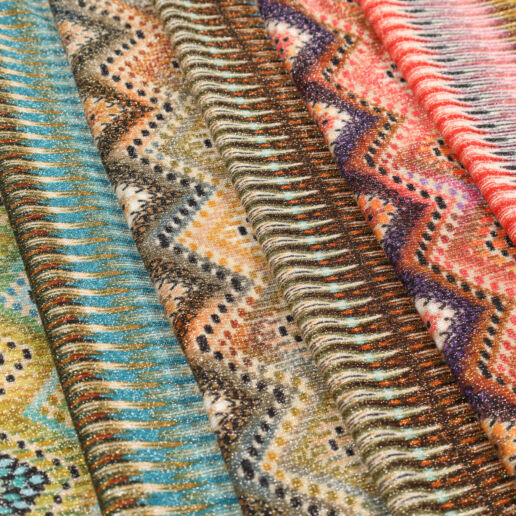
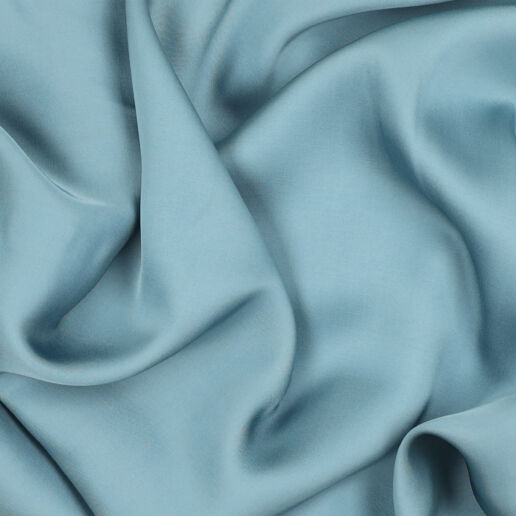
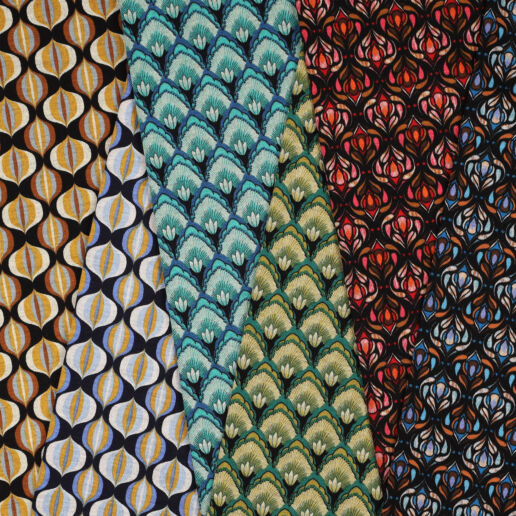
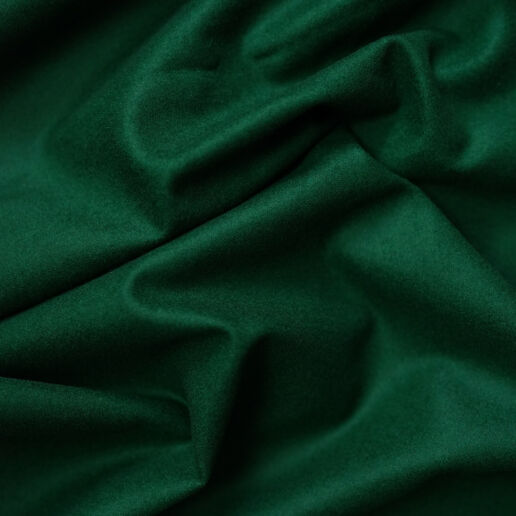
Leichtfried Loden
Sustainability 2.0 – Leichtfried Loden does care about animal welfare and they have only been using certified mulesing-free Australian Merino wool since 2020. From autumn 2023, they will go one step further and certify the entire production process according to RWS (Responsible Wool Standard) in order to meet the high requirements of their customers.
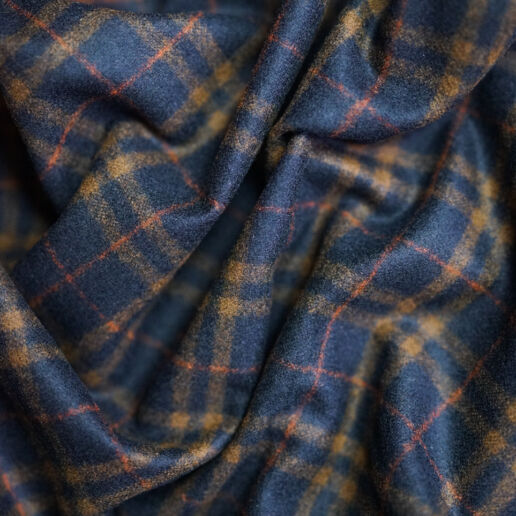
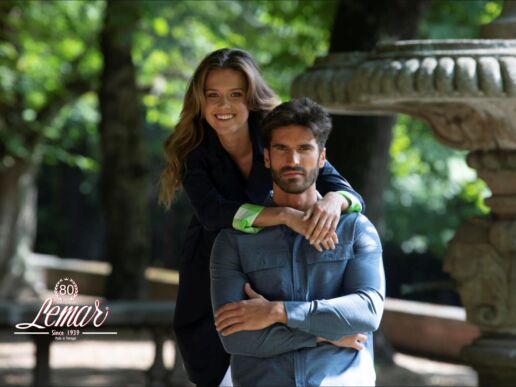
LEMAR
Transforming Waste into Opportunity! Advancing sustainability with fabrics woven with yarns developed from Recycled End-of-Life Tyres! Discarded tyres have become a global concern and it is crucial to explore innovative solutions that promote a circular economy. By transforming this waste into amazing fabrics, Lemar will be able to deliver environmental preservation, resource efficiency, and economic benefits. Come and see yourself!
LENZING
The Lenzing Group stands for ecologically responsible production of specialty fibers made from the renewable raw material wood and strives for the efficient utilization and processing of all raw materials and offers solutions to help redirect the textile sector towards a sustainable industry. As an innovation leader, Lenzing is a partner of global textile manufacturers and drives many new technological developments. TENCEL™ x REFIBRA™ is one of the sustainable fiber innovations which contributes to circular economy. The pioneering REFIBRA™ technology involves upcycling cotton scraps from garment production.
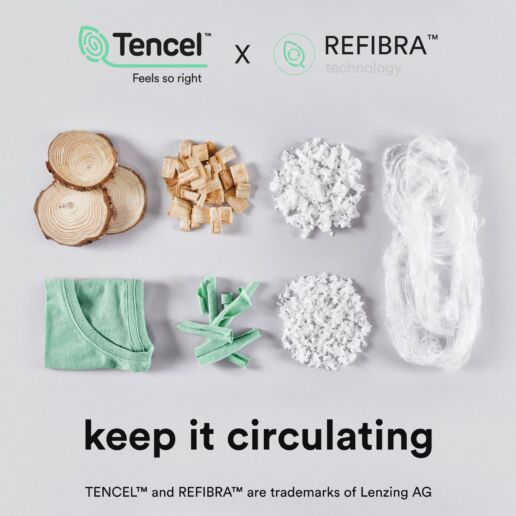
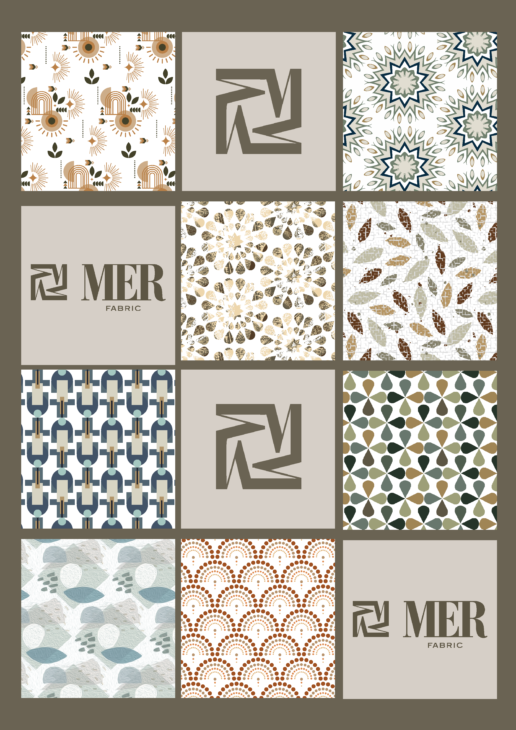
MER FABRIC
Mer Fabric, a fabric manufacturer specializing in garments, has exciting plans to introduce fresh woven fabrics in various categories such as shirts, pants, dresses, and childrenswear. Our aim is to cater to specific customer requirements with enhanced flexibility. Furthermore, we are actively engaged in advancing sustainable products, constantly striving to make notable progress in this area.
MMRA
MMRA is a Portuguese family business with 40 years of experience in circular knitting. It exports to several international markets, presents a wide range of natural, organic, recycled and synthetic products. Among the innovations, the use of compositions with mixtures of Nettle, Printed Yarns, Linen, Tencel, and banana with pineapple stands out. M.M.R.A. is committed to Oeko-Tex, Gots, GRS and OCS certifications.
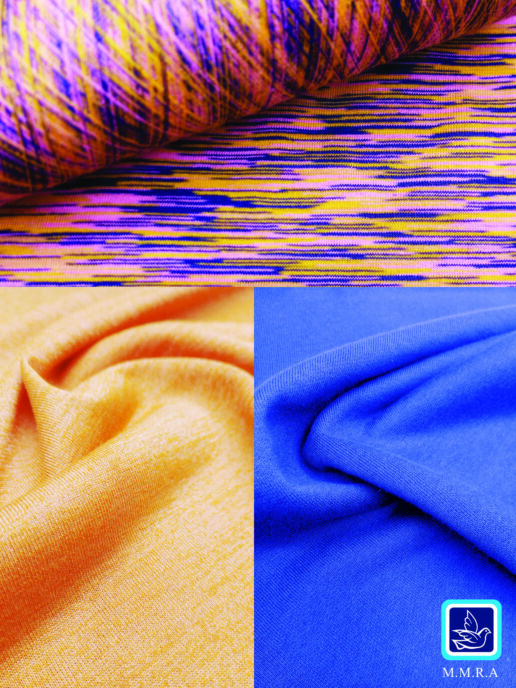
THIS MIGHT ALSO BE INTERESTING FOR YOU:
FABRIC HIGHLIGHTS & MATERIAL NOVELTIES FOR AUTUMN.WINTER 25/26 – PART VII
2. September 2024
This quality is suitable for the toddler sector thanks to its special softness and Gots certification, but also for the wintry adult outdoor sector thanks to its particularly warming properties combined with light weight.
Additionals Trends Autumn.Winter 25/26 – Part 6
2. September 2024
We Nordic Label Studios is recognized for its innovation, craftsmanship, sustainability, and compliance.
BLUEZONE NEWS FOR SEPTEMBER 2024 – PART IV
1. September 2024
Timeless is a new concept from Tejidos Royo that represents the creation of high-quality garments with less impact on the planet, ...
FABRIC HIGHLIGHTS & MATERIAL NOVELTIES FOR AUTUMN.WINTER 25/26 – PART VI
1. September 2024
Manifattura di Carmignano is more than a textile company: it is a core group of people united by a passion for excellence and an unwavering commitment to sustainability.
KEYHOUSE NEWS – MOMENTUM
1. September 2024
Momentum plays a crucial role by providing the technology to create and manage these digital passports for fashion brands & suppliers ensuring compliance and fostering circular product development.
Cartoon – Fashion for courage, joie de vivre and self-realisation
1. September 2024
Cartoon sweeps through the fashion world with a fresh breeze of optimism, bringing colour not only to the wardrobe but also to everyday life.
Sustainable Innovations – Suzanne Oude Hengel
31. August 2024
Suzanne's goal: to push boundaries, experiment, and challenge the way things are done.
The Source Collection’s News: EAST
31. August 2024
Fashion is not only about following trends, but also about expressing your creativity and personality.
BLUEZONE NEWS FOR SEPTEMBER 2024 – PART III
30. August 2024
A company with a sustainable growth vision, Sharabati Denim is a pioneer in the region when it comes to environmental awareness.
KEYHOUSE NEWS – Centric Software
30. August 2024
Having Centric in place saves everyone about 10-15 percent of their time on a day to day basis, mainly because people don’t have to spend time searching for the right answers, asking questions and re-confirming whether information is up to date
Circularity is key - Sustainable Innovations
From old to new: Pre-Loved is a biotextile concept in which new products are created from used post-consumer textile waste. In a unique production process, low-quality mixed textile fibres are transformed into a robust, paper- and leather-like material that is suitable for a variety of applications – from fashion to interior design and product design.
Designer Sarmite Polakova gives waste a new meaning in this context: instead of something negative, she perceives it as a surplus recyclable material that can, however, at the same time be a resource for the creation of something new – the focus here is on circularity: it is about the recyclability of the material; a product made by Studio Sarmite can be dissolved at the end of its life and the textile fibres can be used for the next production cycle. The lightweight material displays a processuality, revealing a new aesthetic and highlighting each previous life of a worn garment through nuances of colour and texture. It can feature marble-like patterns as well as hues accentuated by natural dyes.
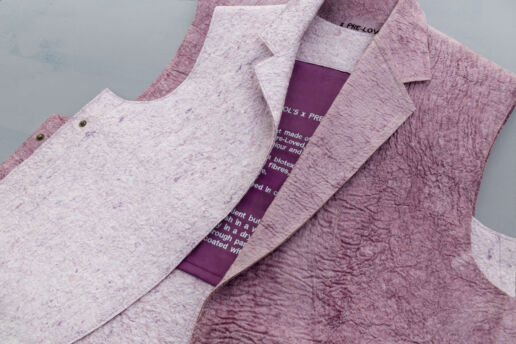
“The term ‘waste’ should be seen as a surplus rather than something negative and thus can be turned into a resource for creating something new.”
SARMITE POLAKOVA
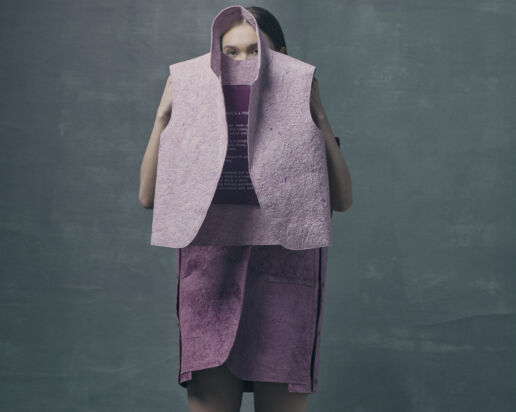
Cooperation is key – first Sarmite Polakova of Studio Sarmite teamed up with colour specialist Roua Alhalabi of Roua Atelier. The result of the collaboration is a groundbreaking dyeing method for blended fabrics based on natural pigments. The dyeing process is integrated into the production of the organic biotextiles and leads to a unique design language that gives room for surprising patterns and a certain playfulness. Moreover, the two designers have found a way to extract the dye during the recycling process of the textiles and use it for the next life cycle without the need for additional resources.
“Nature gives us a lot of resources that can be used in the natural dye industry. In fact, everything around us can be used to make color and support new materials. By using eco- riendly materials, we can become more sustainable and make a good impact.”
ROUA ALHALABI
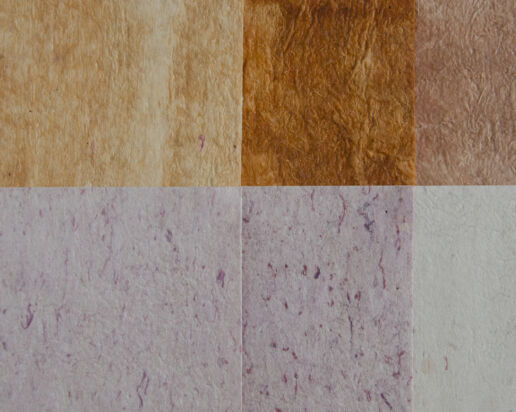
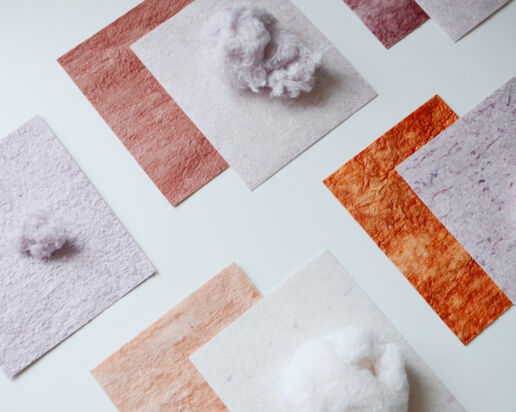
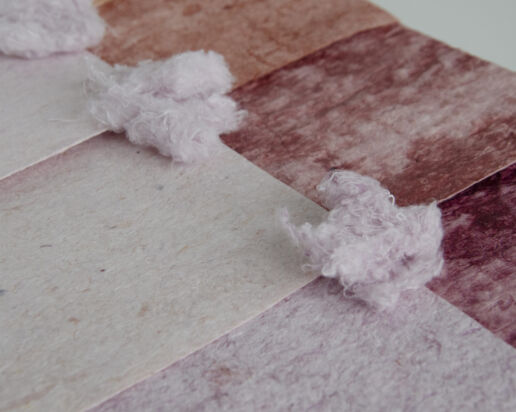
———————————————————————–
THIS ALSO MIGHT BE INTERESTING FOR YOU
New Fabric Collection by Paulo de Oliveira
13. December 2024
Paulo de Oliveira is a reference in sustainable production, focusing on sustainable raw materials produced in Europe by ecological processes.
SPRING.SUMMER 26 FABRIC HIGHLIGHTS & MATERIAL NOVELTIES – PART I
12. December 2024
Fashionable woven and knitted fabrics made of wool, cotton, silk, blends and functional fibres are presented by our international suppliers..
MUNICH FABRIC START & BLUEZONE – Essential and efficient
5. September 2024
INTUITION means that we have the courage to rely on our inner voice instead of just relying on hard facts and data. An interview with the organisers of MUNICH FABRIC START.
The latest accessory developments for Autumn.Winter 24/25 - Part II
We present 6 manufacturers who showed their new designs for the Autumn.Winter 24/25 season at MUNICH FABRIC START.
The latest developments for buttons, ribbons, decorative stones, closures, linings, lace, embroidery, interlinings as well as labeling and branding solutions will be presented by around 200 leading international ingredients and accessories suppliers in the ADDITIONALS Area.
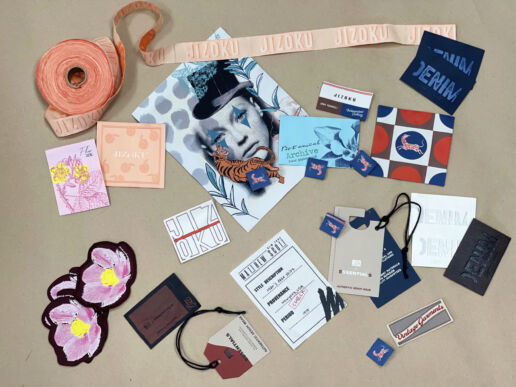
HARMANCI ETIKET
The new collection of Harmanci contains Denim, Menswear, Womenswear, Active and kids. It includes warm colors with beiges & browns, darks from black to midnight plum and light colors with sustained grey tones. For autumn.winter 24/25 season matcha green and shades of apricot are essentials. The designs are linear and with ambitious geometrics. The collection also features labels that are woven with recycled polyester yarns.
————————————————————————–
INSIDE TEXTIL GROUP
The Inside collection perfectly embraces the trend towards printed linings and shows many print variations. The digital prints impress with the colour brillance and the unlimited design option. They also offer new Ökotex-products for pocketing and lining. Another focus is on recycled materials.
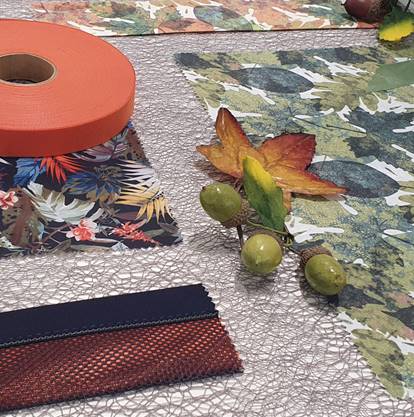
————————————————————————–
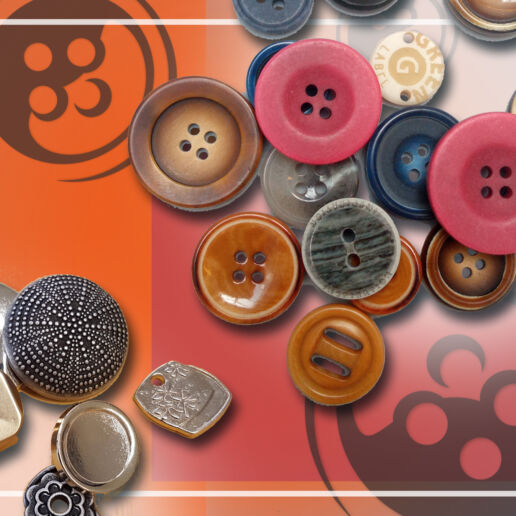
KNOPF SCHÄFER
In terms of design, fashion has arrived at a new realism in autumn.winter 2024/25, but without losing its urge for desirability. The new Knopf Schäfer accessories collection embraces this trend with a clear design language that is broken up by bicoloured details, shiny surfaces and metallic accents. A special focus is on our timeless pieces made from GOTS-certified Real Corozo.
————————————————————————–
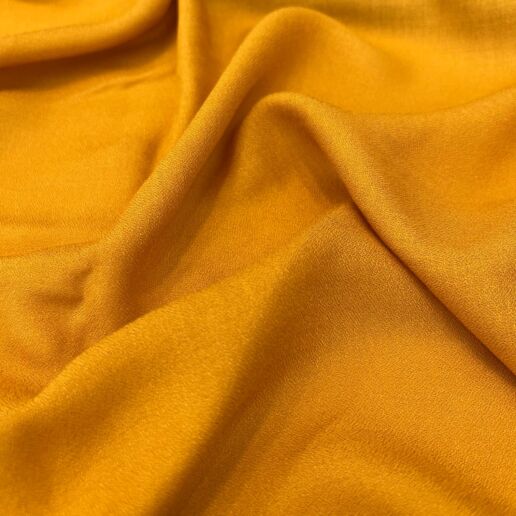
LUKAS FRANKENBERGER GMBH
In the current autumn/winter 24/25 collection, Frankenberger Futterstoffe shows responsibility for even more sustainability. The GREEN LINING collection has once again been expanded with stock items in Eco Vero™ viscose and organic cotton. At the same time, sophisticated qualities are turned into high-quality, hybrid linings by elastic fibres. The collection is rounded off by trend colours such as cherry, cosy beige or hot mango, which are available in various qualities.
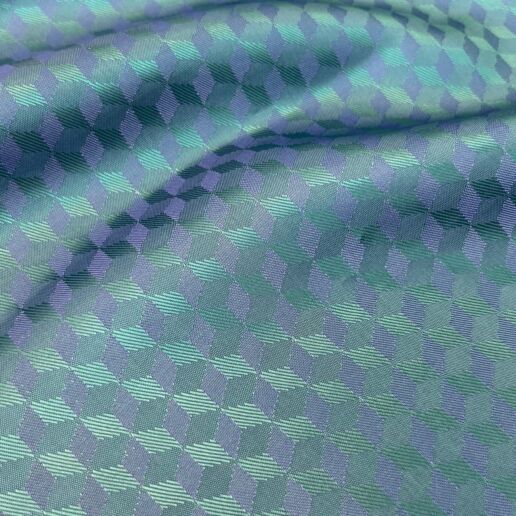
————————————————————————–
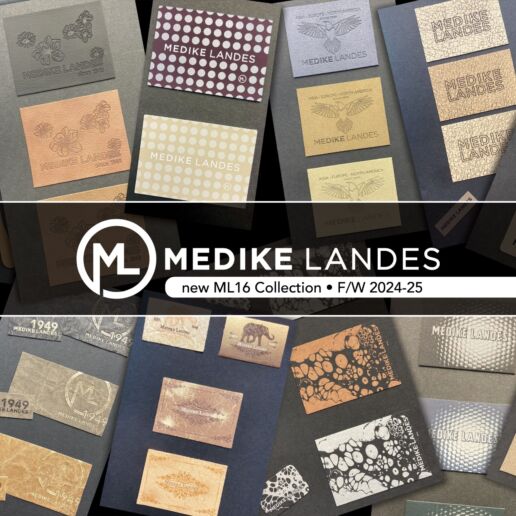
MEDIKE LANDES
The new ML16 Collection is inspired by fashion trends for the A\W 2024-25 season. Colors will generally be more natural, such as shades of brown, camel or black. For this season, the emphasis is on gilding, muted colors with the exception of a few bolder ones. Patterns are classic, vintage and futuristic with floral, geometric and organic prints. Sustainable materials are present as much as vegan and more classic ones like their genuine leathers.
————————————————————————–
MICHELE LETIZIA
The new collection of Michele Letizia for Winter 2024/25 collection offer elastics and laces based on three inspiration themes:
REWIND Memories – The fabulous 1950s: a golden age of elegance and glamour.
Let’s PLAY – Play is challenge and creativity, inspiration comes from 80s video games and pop culture of that era
Fast FORWARD – a projection into the future, including the metaverse and artificial intelligence.
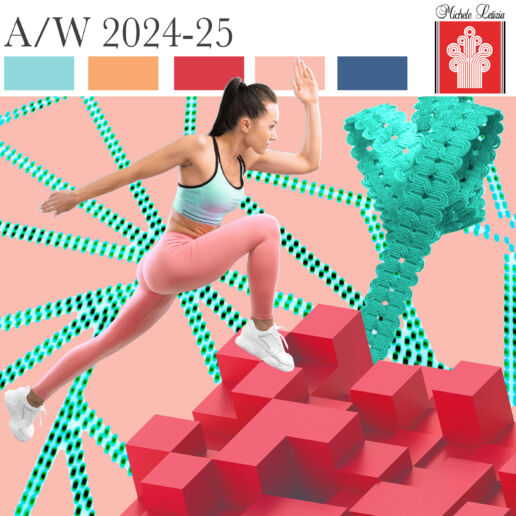
THIS MIGHT ALSO BE INTERESTING FOR YOU
FABRIC HIGHLIGHTS & MATERIAL NOVELTIES FOR AUTUMN.WINTER 25/26 – PART VII
2. September 2024
This quality is suitable for the toddler sector thanks to its special softness and Gots certification, but also for the wintry adult outdoor sector thanks to its particularly warming properties combined with light weight.
Additionals Trends Autumn.Winter 25/26 – Part 6
2. September 2024
We Nordic Label Studios is recognized for its innovation, craftsmanship, sustainability, and compliance.
BLUEZONE NEWS FOR SEPTEMBER 2024 – PART IV
1. September 2024
Timeless is a new concept from Tejidos Royo that represents the creation of high-quality garments with less impact on the planet, ...
FABRIC HIGHLIGHTS & MATERIAL NOVELTIES FOR AUTUMN.WINTER 25/26 – PART VI
1. September 2024
Manifattura di Carmignano is more than a textile company: it is a core group of people united by a passion for excellence and an unwavering commitment to sustainability.
KEYHOUSE NEWS – MOMENTUM
1. September 2024
Momentum plays a crucial role by providing the technology to create and manage these digital passports for fashion brands & suppliers ensuring compliance and fostering circular product development.
Cartoon – Fashion for courage, joie de vivre and self-realisation
1. September 2024
Cartoon sweeps through the fashion world with a fresh breeze of optimism, bringing colour not only to the wardrobe but also to everyday life.
Sustainable Innovations – Suzanne Oude Hengel
31. August 2024
Suzanne's goal: to push boundaries, experiment, and challenge the way things are done.
The Source Collection’s News: EAST
31. August 2024
Fashion is not only about following trends, but also about expressing your creativity and personality.
BLUEZONE NEWS FOR SEPTEMBER 2024 – PART III
30. August 2024
A company with a sustainable growth vision, Sharabati Denim is a pioneer in the region when it comes to environmental awareness.
KEYHOUSE NEWS – Centric Software
30. August 2024
Having Centric in place saves everyone about 10-15 percent of their time on a day to day basis, mainly because people don’t have to spend time searching for the right answers, asking questions and re-confirming whether information is up to date
Next Generation Material - Sustainable Innovations
Bio-based, locally produced, on demand: that’s MYCOTEX by NEFFA – a flexible material whose properties lie somewhere between leather, plastic and artificial leather. Production takes place in three steps: First, customisable and/or recyclable forms are created in an automated 3D design process. With the help of liquid fermentation, innovative materials are produced – the technique works for mycelium, but is also suitable for other biomaterials. In the end, the final textiles are produced by robotic applications without any weaving, cutting or sewing. In this way, the modelling process is similar to the injection moulding process – except that only natural materials are used instead of plastics.
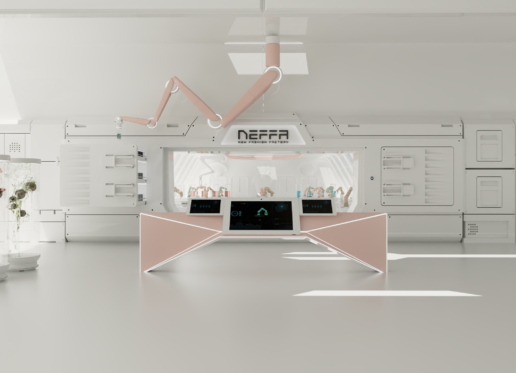
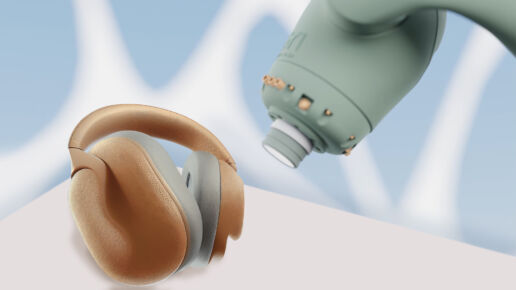
In leather production, the most resource-intensive factors are the land required for animal husbandry, the consumption of water for tanning, the energy required and the CO2 emissions. It is precisely in this production chain where MYCOTEX comes into play: Resource-saving robotic applications can save 10 to 30 percent of waste, and in addition, the production of materials and products takes place directly on site, so there are no emissions for transport. The textiles are biodegradable and can even be composted at home.
More than Mycelium: At the beginning of the project, founder Aniela Hoitink focused in particular on the material MYCOTEX. Within the last three years, this has developed into NEFFA, a completely automated manufacturing method for different types of biomaterials. NEFFA stands for New Fashion Factory. The innovative system is based on automation, can be recycled and offers unlimited freedom of design. The patented process offers unprecedented design freedom to create silhouettes and textures that would never have been possible with traditional manufacturing methods and creates a local and completely transparent process that can be adapted to constant changes. For the textiles of tomorrow.

“The fashion and textile industry is working on steps to improve: material innovation, better dyeing processes, a reduction of water, quick fixes that are needed right now. This will not be enough in the future. We need a big step to transform the industry. And we need it to be local, with a better working environment and without waste.”
ANIELA HOITINK
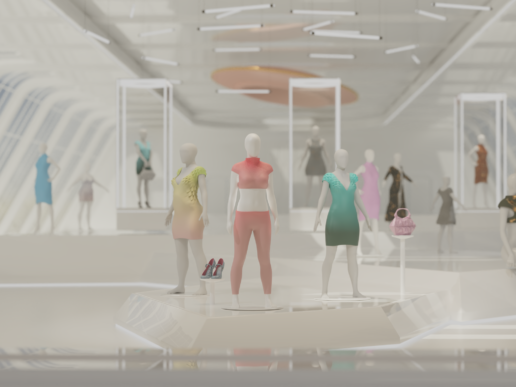
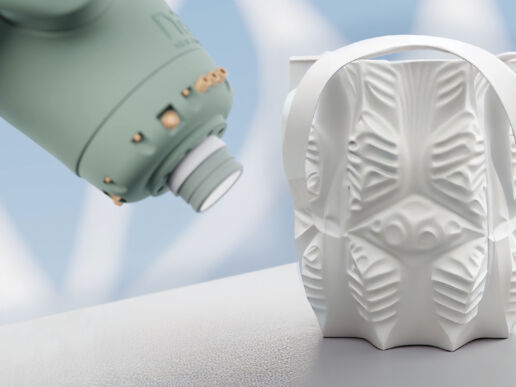
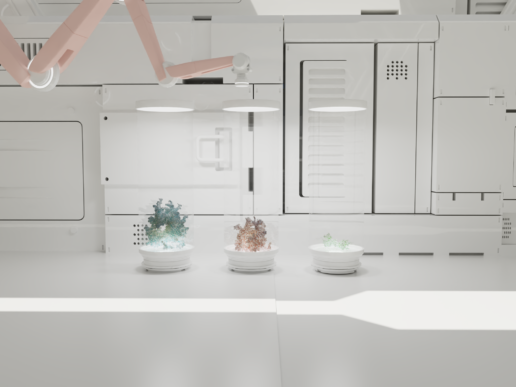
———————————————————————–
THIS ALSO MIGHT BE INTERESTING FOR YOU
New Fabric Collection by Paulo de Oliveira
13. December 2024
Paulo de Oliveira is a reference in sustainable production, focusing on sustainable raw materials produced in Europe by ecological processes.
SPRING.SUMMER 26 FABRIC HIGHLIGHTS & MATERIAL NOVELTIES – PART I
12. December 2024
Fashionable woven and knitted fabrics made of wool, cotton, silk, blends and functional fibres are presented by our international suppliers..
MUNICH FABRIC START & BLUEZONE – Essential and efficient
5. September 2024
INTUITION means that we have the courage to rely on our inner voice instead of just relying on hard facts and data. An interview with the organisers of MUNICH FABRIC START.
DESIGN STUDIOS - AUTUMN.WINTER 24/25
The DESIGN STUDIOS area offers creative input, progressive ideas and new designs.
In Studio 1 DS (firstfloor), textile designers and trend agencies from all over the world show their fabric designs and latest developments for prints and patterns.
Some exhibitors in this area are:
COLOURMODE | LICA DESIGN STUDIO | MUSTICSTYLE
COLOURMODE
For the new Autumn Winter 24 Collection, Colourmode showcases a fresh print collection in diverse colour and design applications. From feminine hand painted florals, rich global bohemian designs, to earthy natural textures, their ever-growing collection is trend-driven and colour focused.
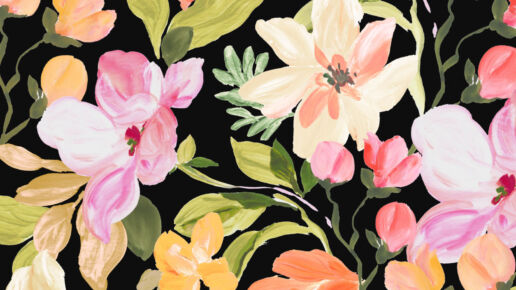
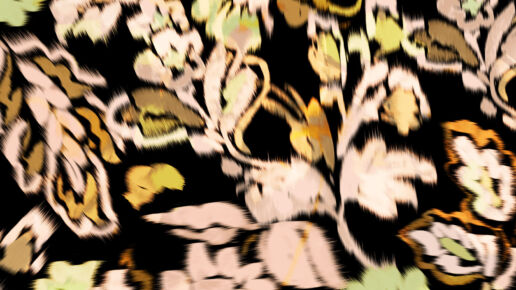
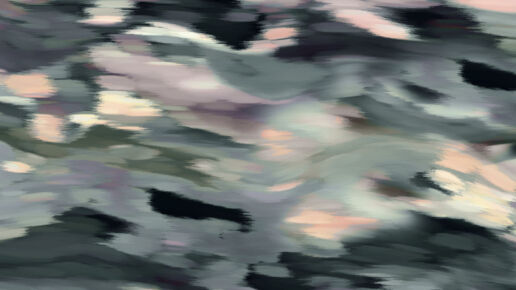
LICA DESIGN STUDIO
LICA Design Studio likes to present to you its new prints for AW 24/25. The collection is navigated by various trends which depict our ubiquitous feelings, thoughts & needs in society. LICA intends to find words to describe the latter, and, furthermore, invites you to immerse in the most diverse visual interpretations of these trends. Walking – we are putting one step in front of the other. Like we are used to, but perhaps with more awareness (?)
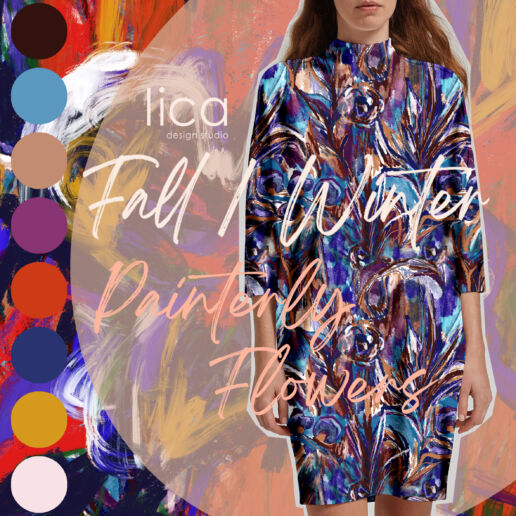
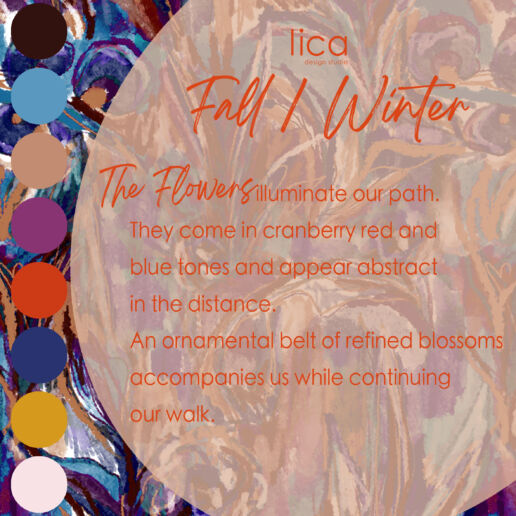
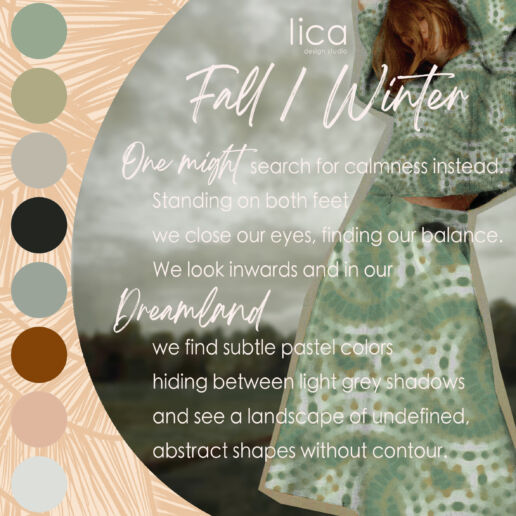
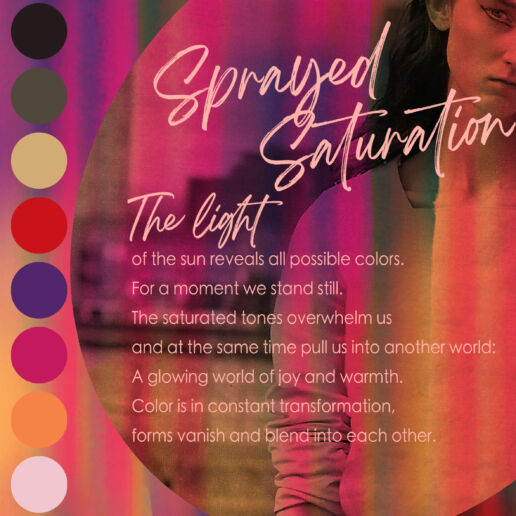
MUSTICSTYLE
Musticstyle design studio was established by Patrizia Grinzato after 20 years of experience in the fashion industry, and in the textile designs specifically. The studio gained a strong reputation and success thanks to a passionate art director and to creative designers, who put all their care in realizing original and exclusive designs, both hand-drawn and digitally-made. They are well appreciated for artistic and innovative prints, thanks to their team composed by internal designers as well as freelancer from all over Europe. Come check out their beautiful designs.
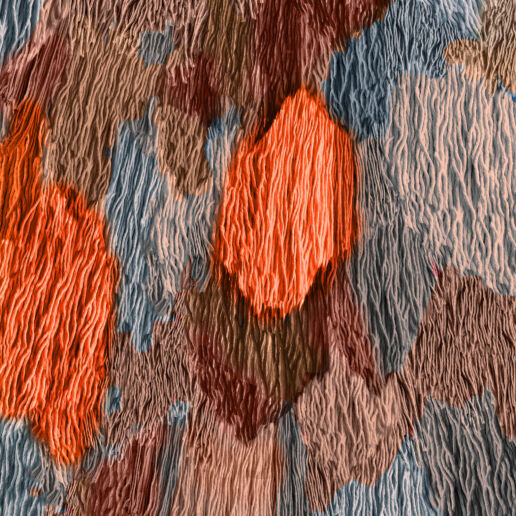
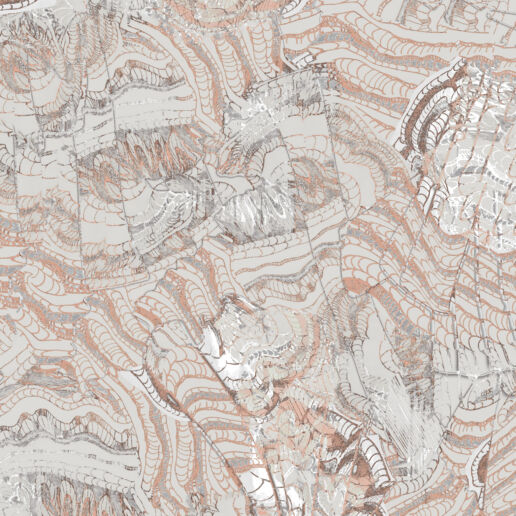
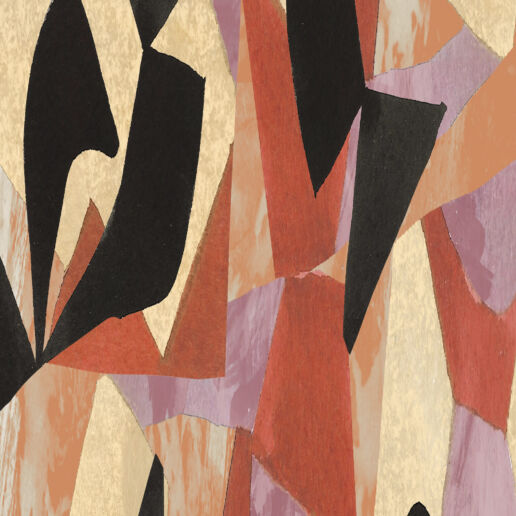
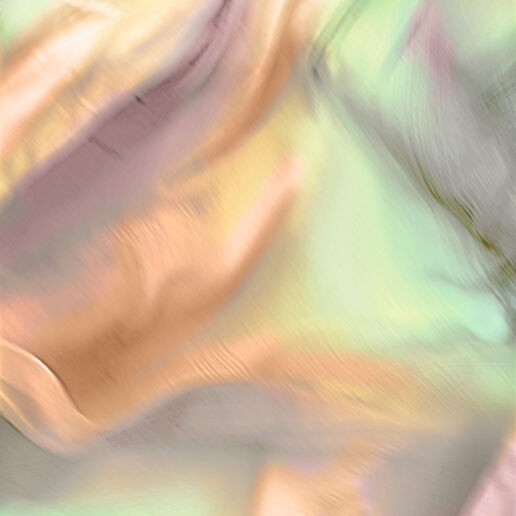
THIS MIGHT ALSO BE INTERESTING FOR YOU
FABRIC HIGHLIGHTS & MATERIAL NOVELTIES FOR AUTUMN.WINTER 25/26 – PART VII
2. September 2024
This quality is suitable for the toddler sector thanks to its special softness and Gots certification, but also for the wintry adult outdoor sector thanks to its particularly warming properties combined with light weight.
Additionals Trends Autumn.Winter 25/26 – Part 6
2. September 2024
We Nordic Label Studios is recognized for its innovation, craftsmanship, sustainability, and compliance.
BLUEZONE NEWS FOR SEPTEMBER 2024 – PART IV
1. September 2024
Timeless is a new concept from Tejidos Royo that represents the creation of high-quality garments with less impact on the planet, ...
FABRIC HIGHLIGHTS & MATERIAL NOVELTIES FOR AUTUMN.WINTER 25/26 – PART VI
1. September 2024
Manifattura di Carmignano is more than a textile company: it is a core group of people united by a passion for excellence and an unwavering commitment to sustainability.
KEYHOUSE NEWS – MOMENTUM
1. September 2024
Momentum plays a crucial role by providing the technology to create and manage these digital passports for fashion brands & suppliers ensuring compliance and fostering circular product development.
Cartoon – Fashion for courage, joie de vivre and self-realisation
1. September 2024
Cartoon sweeps through the fashion world with a fresh breeze of optimism, bringing colour not only to the wardrobe but also to everyday life.
Sustainable Innovations – Suzanne Oude Hengel
31. August 2024
Suzanne's goal: to push boundaries, experiment, and challenge the way things are done.
The Source Collection’s News: EAST
31. August 2024
Fashion is not only about following trends, but also about expressing your creativity and personality.
BLUEZONE NEWS FOR SEPTEMBER 2024 – PART III
30. August 2024
A company with a sustainable growth vision, Sharabati Denim is a pioneer in the region when it comes to environmental awareness.
KEYHOUSE NEWS – Centric Software
30. August 2024
Having Centric in place saves everyone about 10-15 percent of their time on a day to day basis, mainly because people don’t have to spend time searching for the right answers, asking questions and re-confirming whether information is up to date
The Fabric Trends Autumn.Winter 24/25 - Part III
In the FABRICS Area, around 600 international suppliers present their material innovations for all apparel segments. The complete product portfolio of fashionable woven and knitted fabrics made of wool, cotton, silk, blends and functional fibres is represented here. For the Autumn.Winter 24/25 season, we present some highlights from international producers in our FABRICS blogposts:
GRATEX
Textiles are the fabric from which our passion is woven. Gratex is a reliable family business with 50 years of international experience, always on the pulse of the fashion world. As a partner of BCI and GOTS, they offer a large number of our articles with organic cotton.
The new collection for autumn.winter 24/25 consists of traditional and fashion prints, jacquard fabrics, lace, shirting and cosy knitwear.
The colour palette this season ranges from warming earthy tones to fresh pastel shades and vibrant purple and pink.
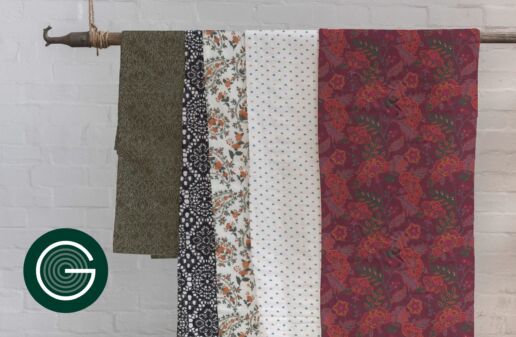
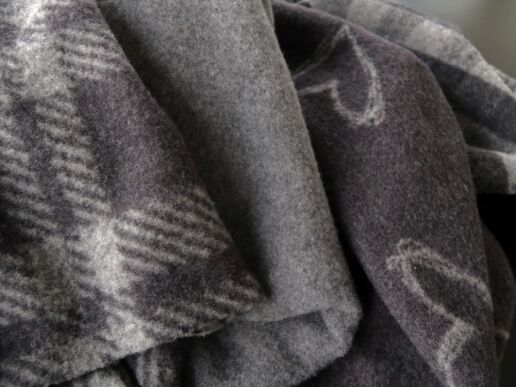
HÄNDEL + DILLER GMBH
Händel + Diller has been knitting fabrics in southern Germany since 1962. Under the premise of certified environmental and social standards, circular knitted fabrics are produced for manufacturers of lingerie, home- and sportswear, orthopaedics and technical applications. The range for the Autumn.Winter 24/25 collection also includes GOTS-certified wool fleece made of 100 % merinowool or in cotton blends, including jacquard patterns.
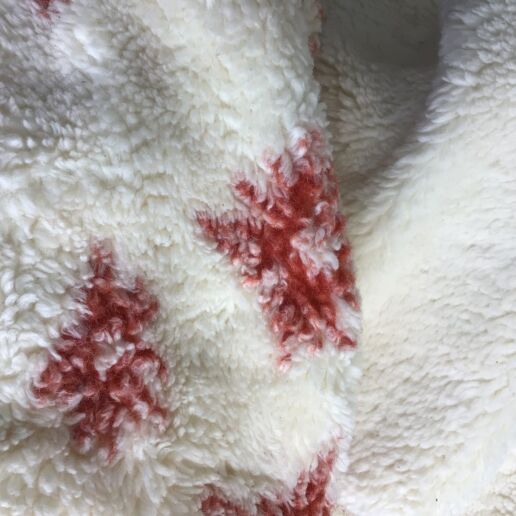
HEINRICH SUNDAG TEXTILDESIGN + VERTRIEB
Autumn/winter time is time for wool. Wool in many weights, knitting techniques and creative interpretations. Boiled wool 100% wool, uni or printed, boiled wool 80% wool+20% cotton in plain and colourful jacquards also with relief and tops, wool plush, wool fleece, wool knits, wool jerseys conventional, controlled organic animal husbandry and GOTS. Heavy wool-cotton jacquard knits Cotton teddy uni and as jacquards with wool – more wool is not possible!
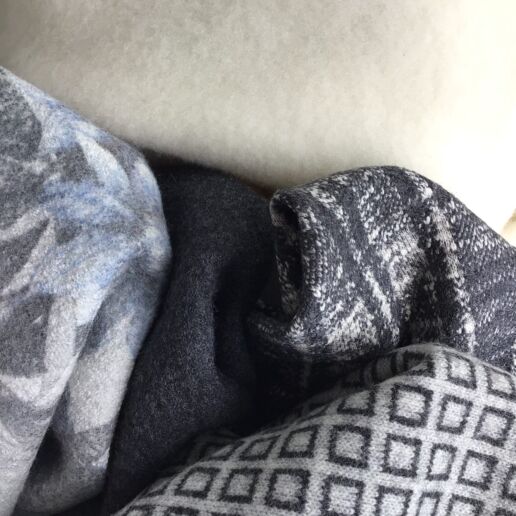
JERSEY PRINT FACTORY
Discover the family-owned fabric company with 30+ years of industry experience: Jersey Print Factory offers custom, high-quality fabrics with no minimum order requirements. Find classic or contemporary designs at their booth and unleash your creativity with reactive printed fabrics. Bring your fashion dreams to life, one meter at a time. You can create custom apparel by simply upload your design and place your order. They’ll take care of the rest.
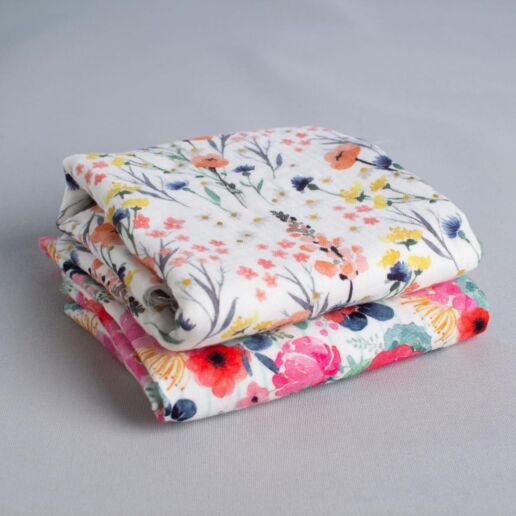
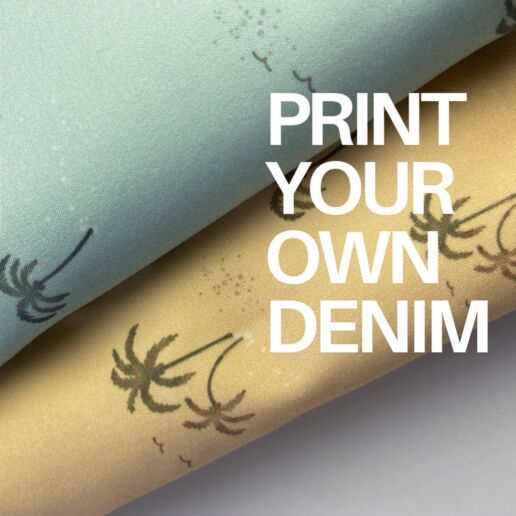
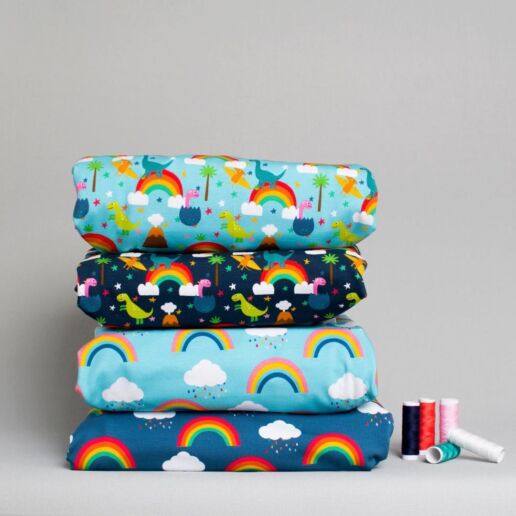
JJR SPIN TEXTILES LLP
The collection is inspired by floral motifs with natural geometric and abstract patterns. The colours are mainly natural tones with vibrant pops for added brightness. They use hand-woven tweed, computer and hand embroidery techniques. For embroidery, they work with various bases like sequins, velvet, wool, cotton, and viscose and also offer 100% silk tweed and blended fabrics. The new collection showcases the beauty of floral designs through hand-woven tweed, computer, and hand embroidery techniques. A range of fabric bases including silk and blends is used to create a visually stunning and textured collection.
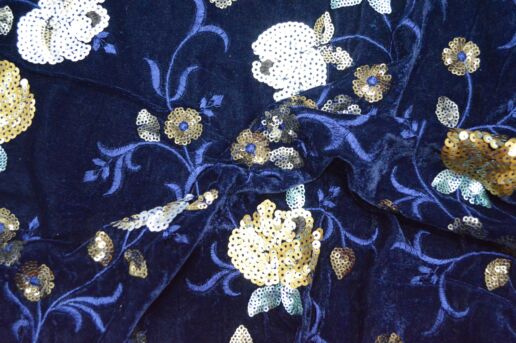
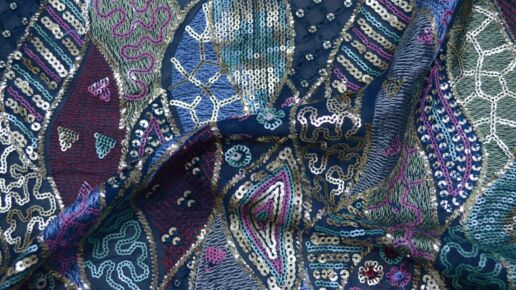
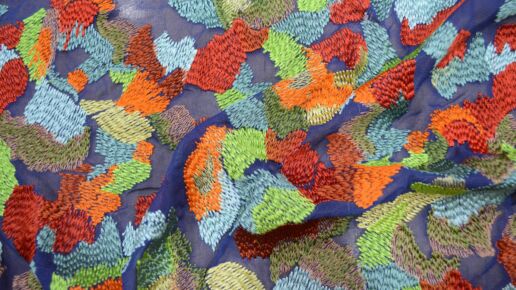
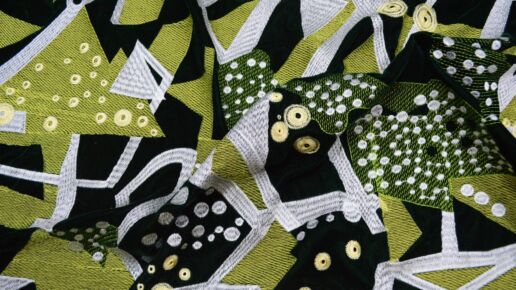
KAYTEKS
Kayteks, established in 1965, is currently advancing its production adventure in the field of knitted fabrics and ready-made products. Priorities such as quality, on-time delivery, and quick response to customer requests have been determined as competitive priority. Sustainability, organic and analysis of trend products in knitted fabrics and products are the primary components that Kayteks follows in its R&D processes.
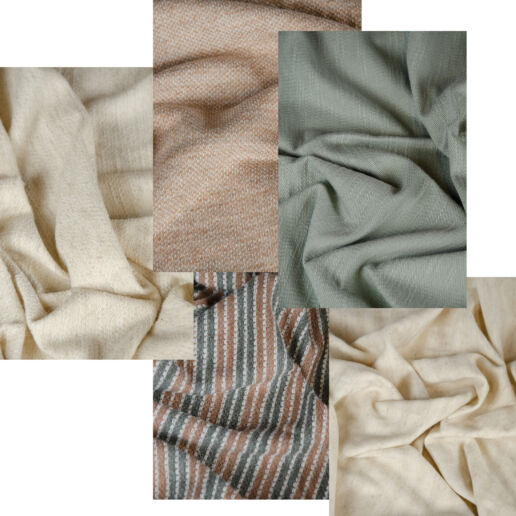
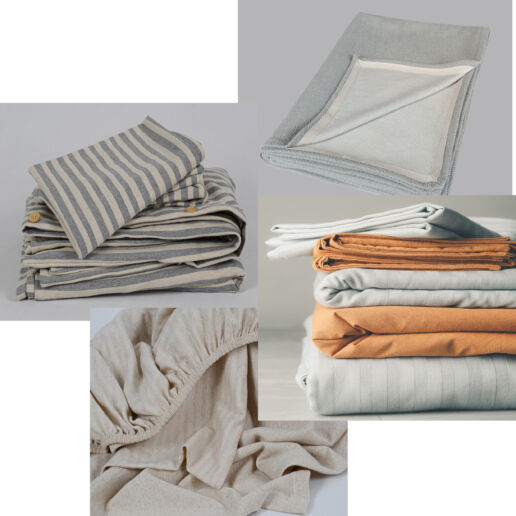
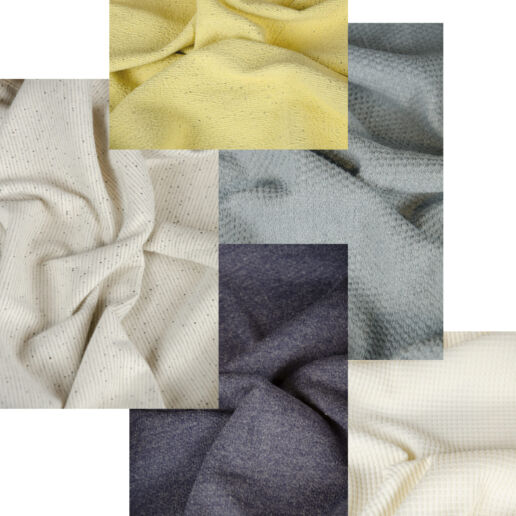
THIS ALSO MIGHT BE INTERESTING FOR YOU
FABRIC HIGHLIGHTS & MATERIAL NOVELTIES FOR AUTUMN.WINTER 25/26 – PART VII
2. September 2024
This quality is suitable for the toddler sector thanks to its special softness and Gots certification, but also for the wintry adult outdoor sector thanks to its particularly warming properties combined with light weight.
Additionals Trends Autumn.Winter 25/26 – Part 6
2. September 2024
We Nordic Label Studios is recognized for its innovation, craftsmanship, sustainability, and compliance.
BLUEZONE NEWS FOR SEPTEMBER 2024 – PART IV
1. September 2024
Timeless is a new concept from Tejidos Royo that represents the creation of high-quality garments with less impact on the planet, ...
FABRIC HIGHLIGHTS & MATERIAL NOVELTIES FOR AUTUMN.WINTER 25/26 – PART VI
1. September 2024
Manifattura di Carmignano is more than a textile company: it is a core group of people united by a passion for excellence and an unwavering commitment to sustainability.
KEYHOUSE NEWS – MOMENTUM
1. September 2024
Momentum plays a crucial role by providing the technology to create and manage these digital passports for fashion brands & suppliers ensuring compliance and fostering circular product development.
Cartoon – Fashion for courage, joie de vivre and self-realisation
1. September 2024
Cartoon sweeps through the fashion world with a fresh breeze of optimism, bringing colour not only to the wardrobe but also to everyday life.
Sustainable Innovations – Suzanne Oude Hengel
31. August 2024
Suzanne's goal: to push boundaries, experiment, and challenge the way things are done.
The Source Collection’s News: EAST
31. August 2024
Fashion is not only about following trends, but also about expressing your creativity and personality.
BLUEZONE NEWS FOR SEPTEMBER 2024 – PART III
30. August 2024
A company with a sustainable growth vision, Sharabati Denim is a pioneer in the region when it comes to environmental awareness.
KEYHOUSE NEWS – Centric Software
30. August 2024
Having Centric in place saves everyone about 10-15 percent of their time on a day to day basis, mainly because people don’t have to spend time searching for the right answers, asking questions and re-confirming whether information is up to date
Drawn by the sun - Sustainable Innovations
Textiles as witnesses of time: SLOW PATTERNS is a collection by the Berlin studio Meyers & Fügmann that changes over time due to the influence of sunlight. This works by using an unconventional technique that combines the natural and the artificial. In concrete terms, this means that European is woven and dyed in Europe by hand, with the side effect of preserving traditional skills of the European textile industry. The collection combines wool with synthetic yarns. When the textiles are exposed to UV light, the natural dyes fade over time, while the stable synthetic colours retain their shades, changing the materials and eventually revealing delicate patterns.
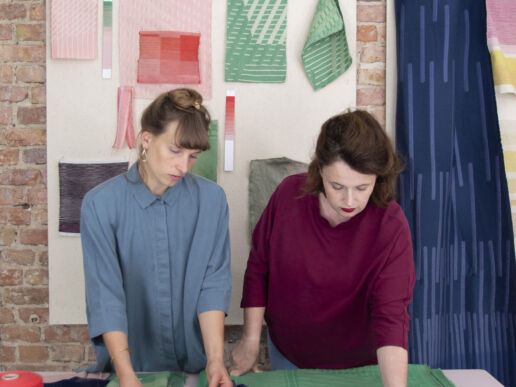
The textiles have the peotic power of tracing time. The changes in the colours make the ageing process visible and make transience a subject of discussion – spiritual as well as material. Seeing the textiles develop creates an emotional relationship, as both the owners and the objects age side by side. The textiles thus reflect and make transience visible. In doing so, they raise questions about physical obsolescence. Instead of connoting these aspects negatively, SLOW PATTERNS encourages us to value the products over their entire lifespan and to accept and celebrate their changes as well as our own.
A sign against fast fashion: the low lightfastness of natural materials is often seen as a shortcoming. Meyers & Fügmann, on the other hand, show with their project how aesthetically natural colours change and that beauty can lie in this process. SLOW PATTERNS thus becomes a plea for the dignity and vitality of natural colours.
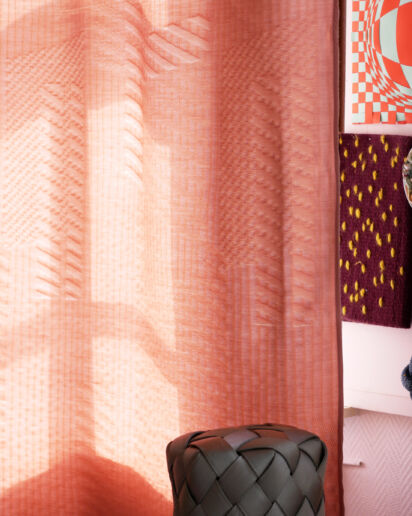
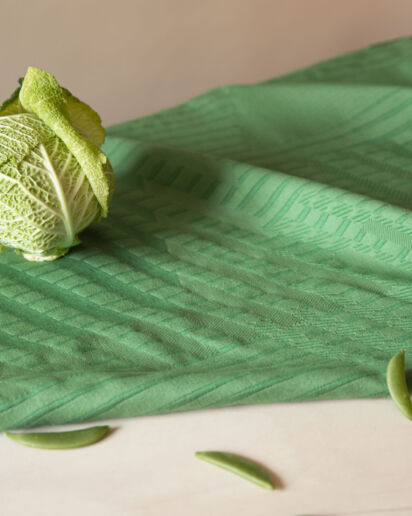
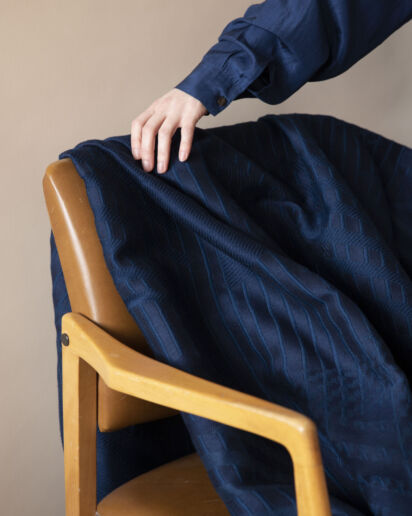
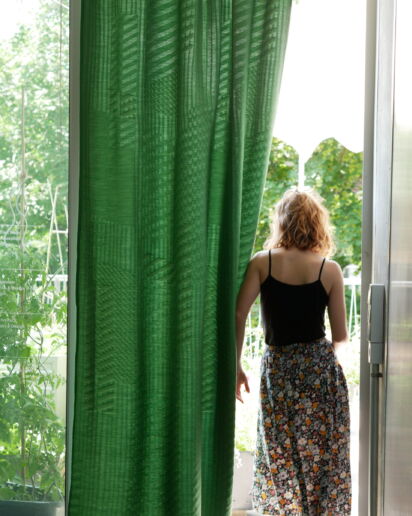
“Lightfastness is a relevant topic for future industries, as natural and recycled dyes and fibers demonstrate lower lightfastness.
Our approach is to show the liveliness of natural colours and romote them as a real alternative to synthetic dyes, opening markets for less durable colours. The aging process is designed into the product in order to foster a debate about slow consumerism and the relationship we have with our belonging.”
SARAH MEYERS AND LAURA FÜGMANN
———————————————————————–
THIS ALSO MIGHT BE INTERESTING FOR YOU
New Fabric Collection by Paulo de Oliveira
13. December 2024
Paulo de Oliveira is a reference in sustainable production, focusing on sustainable raw materials produced in Europe by ecological processes.
SPRING.SUMMER 26 FABRIC HIGHLIGHTS & MATERIAL NOVELTIES – PART I
12. December 2024
Fashionable woven and knitted fabrics made of wool, cotton, silk, blends and functional fibres are presented by our international suppliers..
MUNICH FABRIC START & BLUEZONE – Essential and efficient
5. September 2024
INTUITION means that we have the courage to rely on our inner voice instead of just relying on hard facts and data. An interview with the organisers of MUNICH FABRIC START.
The Fabric Trends Autumn.Winter 24/25 - Part II
In the FABRICS Area, around 600 international suppliers present their material innovations for all apparel segments. The complete product portfolio of fashionable woven and knitted fabrics made of wool, cotton, silk, blends and functional fibres is represented here. For the Autumn.Winter 24/25 season, we present some highlights from international producers in our FABRICS blogposts:
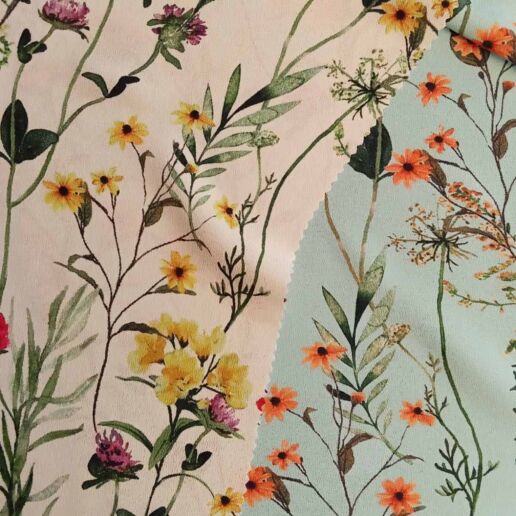
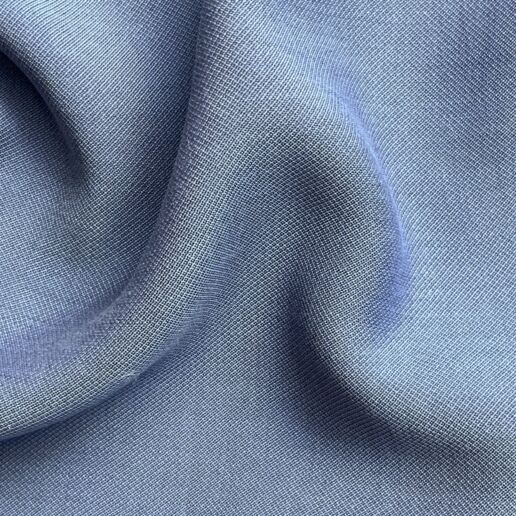
ELYAF
Founded in 1989, Elyaf® is a women’s fabric and garment manufacturer, based on 22,000 square metres, as a fully integrated facility in Bursa, Turkey. Their focus is on sustainability through manufacturing value-added fabrics and garments without causing harm to people, the ecosystem and our planet.
ERSAT TEXTILE
ERSAT TEXTILE is one of the most successful fabric producers in TURKEY with its integrated factory from weaving till ready garment. ERSAT offers versatile production chains (Poliviscose, Polyester, Cotton, Linen, Wool blends with PES). They also produce fabrics (Recycled and Ecovero bases )for Men’s and Women’s Suits, Jackets, Pants, Outerwear, Dresses, Shirts etc. Dying and all finishing processes include 2,500,000mts capacity per month.
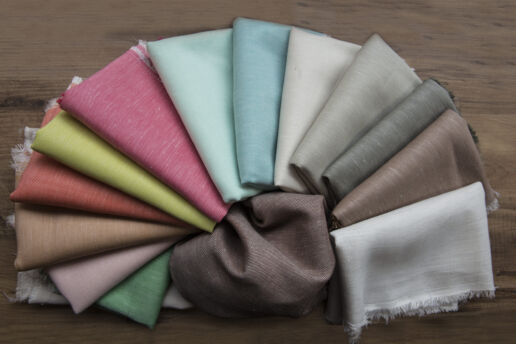
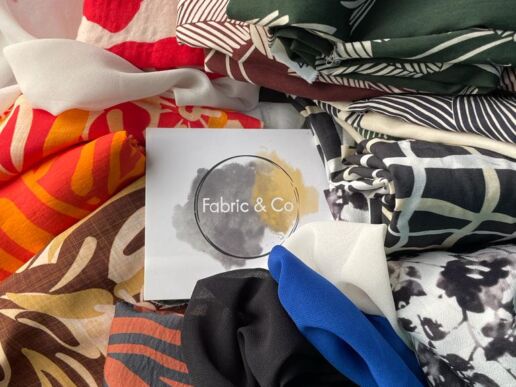
FABRIC & CO
FABRIC & CO offers a wide product range and focuses on environmentally friendly production with sustainable fabrics. Current trends are reflected in perfect harmony with prints and plain colors. Satins, recycled and natural looking fabrics and special touch effects result in great designs. Find different pattern colours and designs in the new collection.
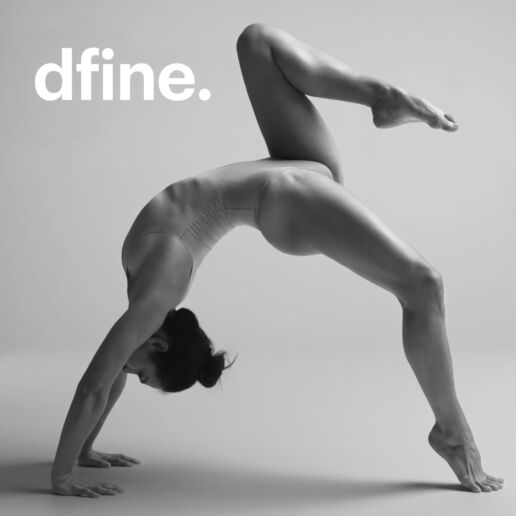
FEINJERSEY
Feinjersey presents its new collection brand dfine. High end fabrics made in Austria – designed for the human body. The new dfine. collection is segmented into 5 sections:
Avant – Fashion Forward Fabrics (stock program),
Ivory – second skin underwear,
Apex – functional asthetics,
Forma – fluid shaping and
Armis – elite safety.

FORZA
Forza’s new autumn.winter 24/25 collection is a creation of elegant, stylish and casual prints: ikat. ethnic, watercolour, ombre, tie dye, patchwork, animalskin, monos with earthyand natural colours or combinations of bright, warm orange, purple, blue andt urquoise tones. Get creative inspiration at their booth with a variety of sustainable produced, light and heavy weight fabrics, dobby, structured weaves, twills, cord, satins, mesh as well as chiffons, cotton/linen blends.
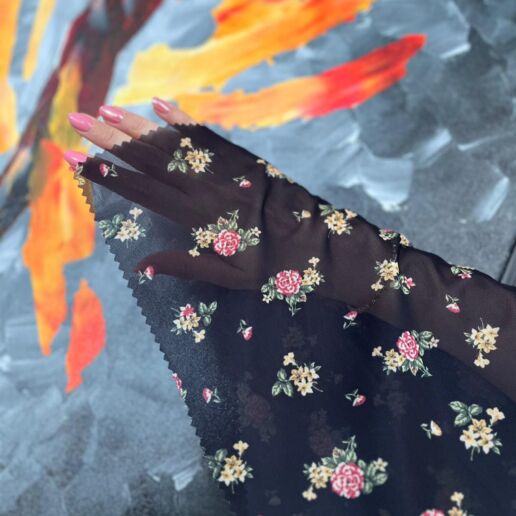
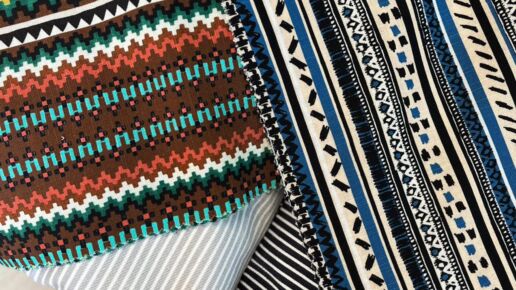
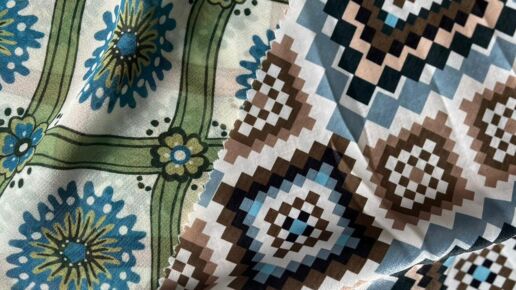
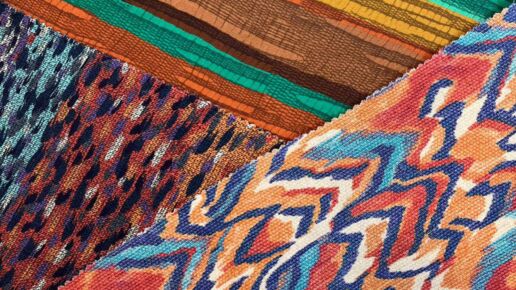
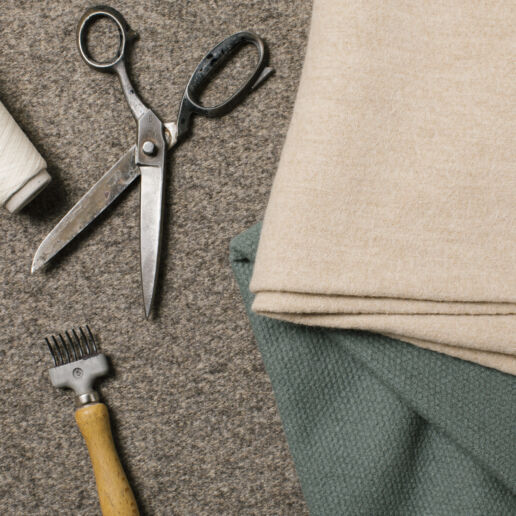
GOTTSTEIN
Founded in 1926, Gottstein is an Austrian family-owned manufacturer located in the Tyrolean mountains. They are experts when it comes to felted wool fabrics and wet processing with experience for over four generations. This time their main focus for their AW 24/25 collection are reliefs and sculptural felted fabrics made of merino wool as well as undyed wool fabrics.
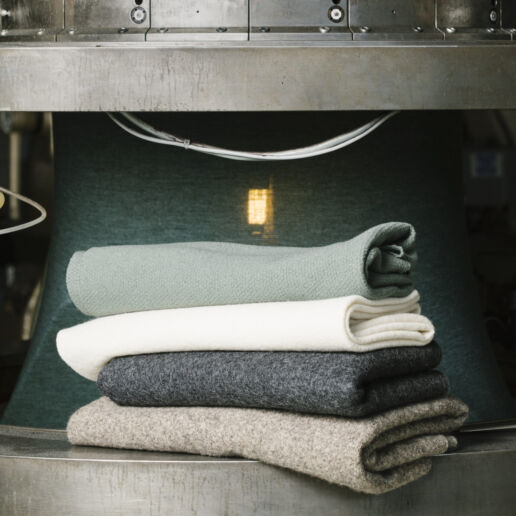
THIS ALSO MIGHT BE INTERESTING FOR YOU
FABRIC HIGHLIGHTS & MATERIAL NOVELTIES FOR AUTUMN.WINTER 25/26 – PART VII
2. September 2024
This quality is suitable for the toddler sector thanks to its special softness and Gots certification, but also for the wintry adult outdoor sector thanks to its particularly warming properties combined with light weight.
Additionals Trends Autumn.Winter 25/26 – Part 6
2. September 2024
We Nordic Label Studios is recognized for its innovation, craftsmanship, sustainability, and compliance.
BLUEZONE NEWS FOR SEPTEMBER 2024 – PART IV
1. September 2024
Timeless is a new concept from Tejidos Royo that represents the creation of high-quality garments with less impact on the planet, ...
FABRIC HIGHLIGHTS & MATERIAL NOVELTIES FOR AUTUMN.WINTER 25/26 – PART VI
1. September 2024
Manifattura di Carmignano is more than a textile company: it is a core group of people united by a passion for excellence and an unwavering commitment to sustainability.
KEYHOUSE NEWS – MOMENTUM
1. September 2024
Momentum plays a crucial role by providing the technology to create and manage these digital passports for fashion brands & suppliers ensuring compliance and fostering circular product development.
Cartoon – Fashion for courage, joie de vivre and self-realisation
1. September 2024
Cartoon sweeps through the fashion world with a fresh breeze of optimism, bringing colour not only to the wardrobe but also to everyday life.
Sustainable Innovations – Suzanne Oude Hengel
31. August 2024
Suzanne's goal: to push boundaries, experiment, and challenge the way things are done.
The Source Collection’s News: EAST
31. August 2024
Fashion is not only about following trends, but also about expressing your creativity and personality.
BLUEZONE NEWS FOR SEPTEMBER 2024 – PART III
30. August 2024
A company with a sustainable growth vision, Sharabati Denim is a pioneer in the region when it comes to environmental awareness.
KEYHOUSE NEWS – Centric Software
30. August 2024
Having Centric in place saves everyone about 10-15 percent of their time on a day to day basis, mainly because people don’t have to spend time searching for the right answers, asking questions and re-confirming whether information is up to date


